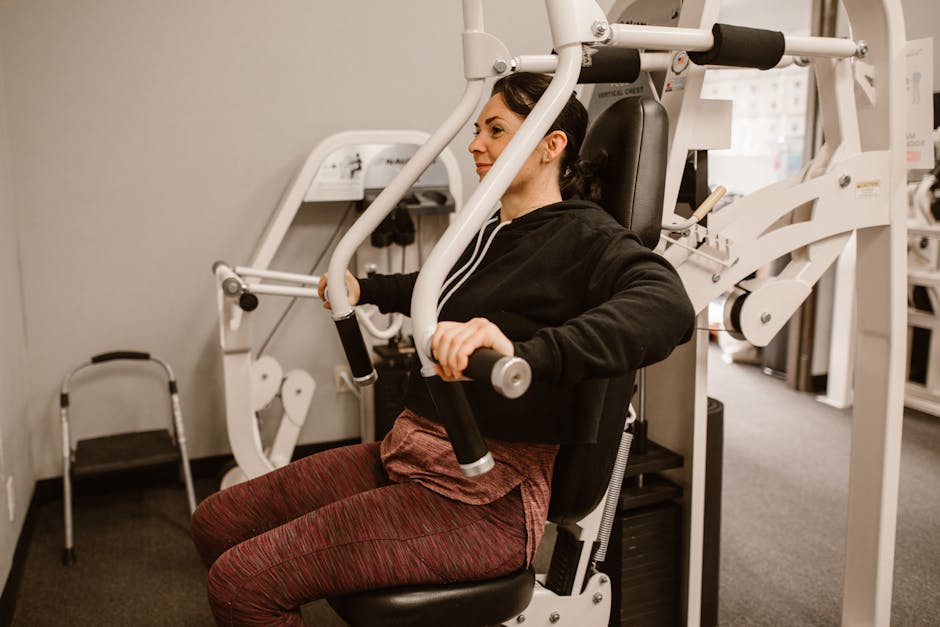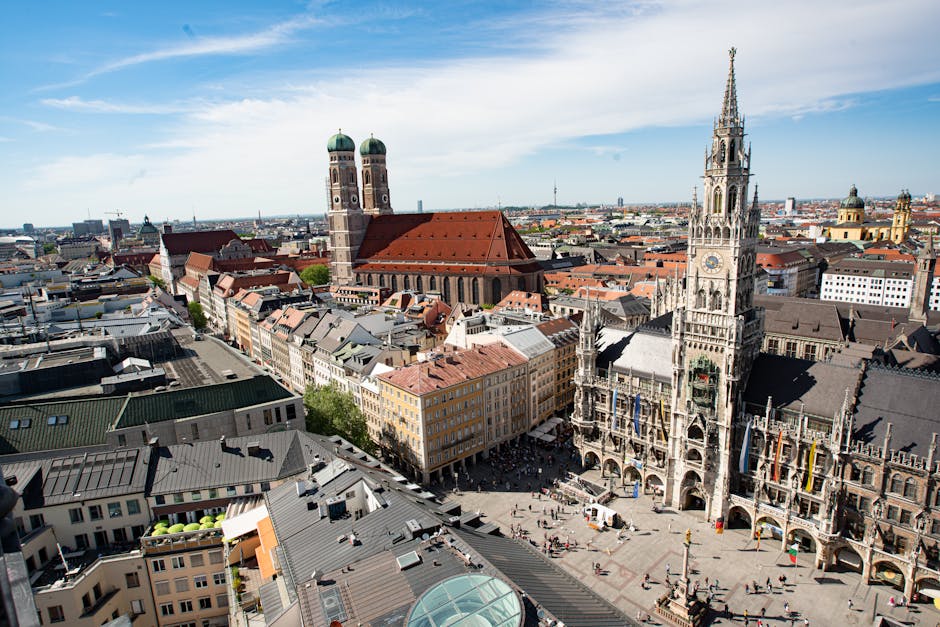In the world of technology, Elon Musk has never been one to shy away from grand, almost mythical pronouncements. From colonising Mars to connecting our brains to computers, his ambitions often sound like they’ve been ripped from the pages of a science fiction novel. His latest statement, however, feels less like a distant dream and more like an imminent, world-altering reality. The tech mogul has made it clear he intends to maintain “strong influence” over the development and deployment of Tesla’s humanoid robots, a project he casually refers to as his “robot army.”
What is Elon Musk‘s ‘Robot Army’?
For those who haven’t been following, Musk isn’t talking about the clunky, metallic soldiers of a Hollywood blockbuster. He’s referring to Optimus, Tesla’s ambitious humanoid robot project. Unveiled as a concept just a few years ago, recent videos have shown Optimus prototypes performing tasks with increasing dexterity, from folding laundry to performing yoga stretches. The stated goal for these robots is to handle “unsafe, repetitive or boring” tasks, effectively becoming a new labor force that could revolutionize manufacturing, logistics, and even elder care.
‘Strong Influence’: A Safety Measure or a Power Grab?
It’s Musk’s choice of words – “strong influence” – that has sent ripples of both excitement and apprehension through the tech community and beyond. On one hand, this could be interpreted as responsible stewardship. Musk has been one of the most vocal critics of unchecked Artificial Intelligence, famously calling it “summoning the demon.” From this perspective, his desire for control is a safety measure. He wants to ensure that the foundational programming of these robots, which could one day number in the millions, is aligned with human values and includes a set of core ethical directives, akin to Asimov’s Laws of Robotics, to prevent a dystopian future.
However, there is a far more unsettling interpretation. In a world where millions of humanoid robots are integrated into the global economy, “strong influence” over them equates to an unprecedented concentration of power. It raises profound questions: Who gets to decide the ethical framework for an entire robotic workforce? What happens if this centralized control is compromised or used for political or economic leverage? The idea of one individual holding the reins to a global “robot army” is a scenario that gives ethicists and policymakers sleepless nights.
Global Implications for the Future of Labor
The development of the Optimus robot carries particularly complex implications on a global scale. For a nation like India, a robotic workforce could supercharge ‘Make in India’ ambitions by creating hyper-efficient smart factories. On the other hand, in any country where human labor is a cornerstone of the economy, the potential for mass job displacement is a monumental concern. The debate isn’t just about whether a factory worker will be replaced by a robot, but who controls that robot and the policies governing its deployment.
Elon Musk is building more than just a machine; he is building the future of labor itself. His desire for control can be seen as a visionary’s caution or a tech baron’s power grab. As the Optimus robots learn to walk, work, and integrate into our world, we are forced to confront a critical question: In our rush to build the future, are we remembering to build the necessary guardrails? The era of the “robot army” is upon us, and the battle for its soul has just begun.




